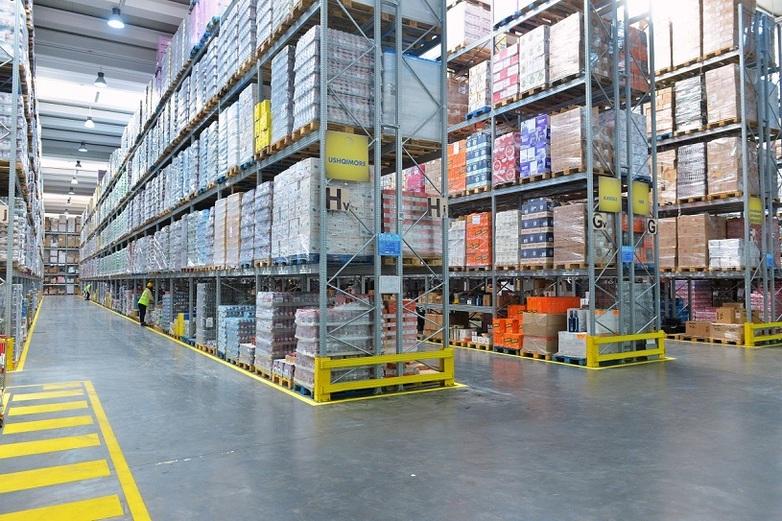Context
The increase in trade and competitiveness between the signatory parties of the Central European Free Trade Agreement (CEFTA) offers considerable potential for their economies. Yet, the implementation of corresponding measures lags behind regional agreements, leading to the slow harmonisation of trade-related laws and regulations with EU standards. The quality infrastructure systems are not all sufficiently well developed or compliant, and the specific industrial product legislation is not always aligned with the latest EU acquis. The value of electronic commerce in CEFTA economies is growing, but its full potential remains untapped. Start-ups from the region face difficulties accessing new markets, while the main challenge for start-up hubs remains offering innovative and suitable support to their upcoming enterprises.
Objective
CEFTA parties have improved the implementation of the reform agenda for trade and competitiveness in line with the requirements of the EU approximation process.

